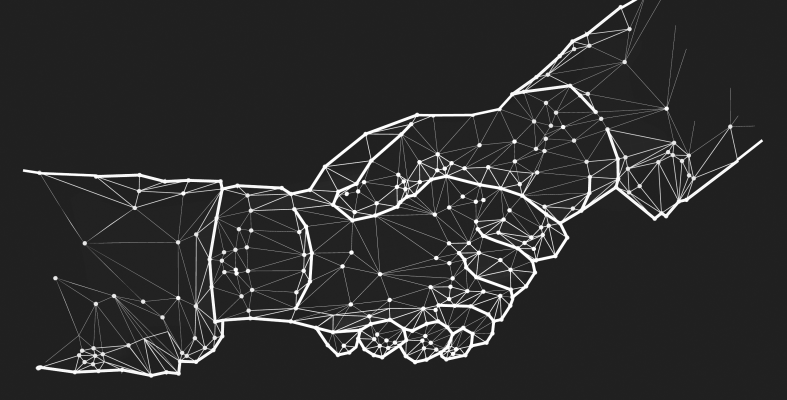Use the Environmental, Social and Governance Reporting Framework to Demonstrate Progress on Reducing Greenhouse Gases

The net zero transition is core to being a responsible business and should incorporate circular economy strategies, leverage cross-sector partnerships, center justice and inclusion into plans, and demonstrate progress through the ESGs to ensure the transition benefits business and society.
Driving Social Impact Through Software Redesign

Before COVID-19, Medtronic’s GIFs undertook projects in person, a key feature of the fellowship that encouraged relationship-building among the employees and the host organization. However, the pandemic forced Medtronic Foundation to pivot and create virtual opportunities instead. This NCD project demonstrated how effectively a remote team could function and continue to work with a partner organization with impactful results.
Pandemic Update: The Nonprofit Community’s Overlooked Sectors Need Help

As COVID-19 overburdens our systems, challenges education continuance, and drives up unemployment, the importance of social impact organizations in these sectors is thrown into sharp relief. However, in the rush to support these critical services for communities in need, one cannot ignore the vital work that organizations in other social impact sectors continue to drive forward. Environment, gender equality, human rights, sustainable agriculture, and arts organizations, among others, are challenged by COVID-19 as well—but they risk being overlooked amid the urgency to aid a few key sectors.
Armenia Pivots to Online Education through DASARAN Platform

DASARAN, a social enterprise based in Yerevan, Armenia, is an entity that has sought to create opportunity amid adversity. The organization builds and facilitates technological solutions to help Armenia meet its education goals by providing innovative educational content and interactive learning solutions online for students, parents, teachers, administrators, and policymakers. DASARAN currently supports one-third of the Armenian population–over 1 million people–in K–12 education on its digital platform.
Belarus’ Innovative Virtual Education Platform Adapts to COVID-19

Born out of the necessity to more broadly reach entrepreneurs across Belarus, the USAID-funded Delivering Regional Instruction Vital to Entrepreneurial Success (DRIVES) program began a journey of technological and pedagogical innovation to expand access to virtual business education. As a result, today, the DRIVES program finds itself well-positioned to adapt to the disruption COVID-19 is causing to schools and universities around the globe.
FAQs on Sustaining Your Social Impact Initiatives through Virtual Pro Bono

On Thursday April 30, 2020, my colleague Gavin Cepelak and I had a conversation with over 100 of our closest ‘friends’ around issues and trends corporations are facing in sustaining their social impact initiatives, and how to do so through virtual pro bono. Also joining us on the webinar was Yezenia Ramos, Senior Manager of Employee Engagement at Johnson & Johnson, who spoke about some of the ways the company is reimagining its social impact programs and ensuring employees remain engaged and involved with volunteer efforts virtually.
Igniting Change with Circular Partnerships

Transitioning from a linear to a circular economy requires a seismic shift in the way we produce, consume, think, and behave. For a systems change of this magnitude to truly take root, the public, private, and social sectors must coalesce around a common circular vision—one that is inclusive of all communities, at all scales. While each of us has an important function in the transition, the role of the private sector, our economic engine, will be the ultimate catalyst for unprecedented change.
Accelerating Circularity with Targeted Investment

Given our planet’s finite resources, closing the economy’s material loop—so that materials and products are continuously shared, reused, and cycled—has an undeniably positive impact on human communities and natural ecosystems. Yet as we work to scale circular alternatives to our leaky linear system, we need to be clear that advancing circularity is not just the right thing to do but where the future of business, investment, and profit lies. In a changing world, circular supply chains build the necessary economic and environmental resilience to address the challenges of today and build a better tomorrow.
